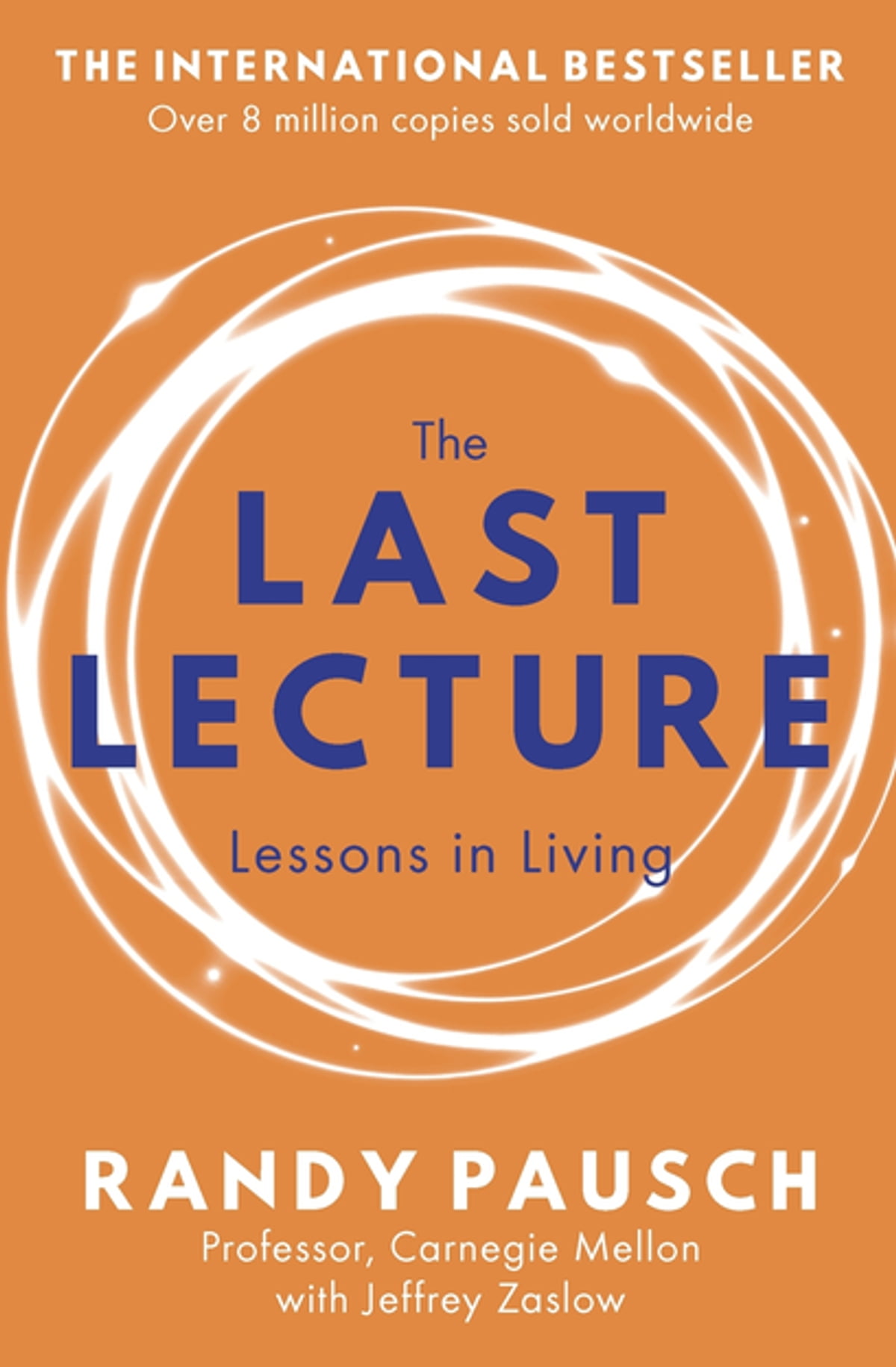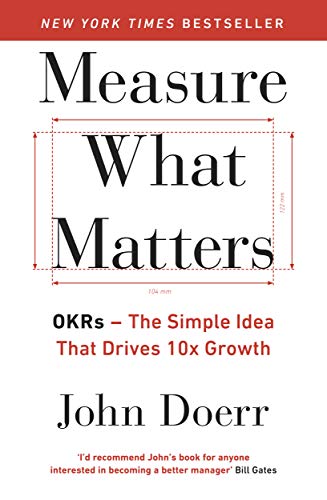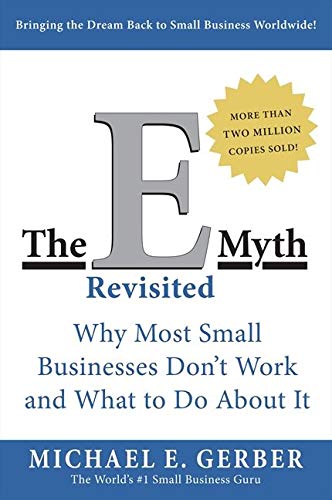Use your control over your mind to improve your work, relationships, and life

The courage to be disliked by Ichiro Kishimi and Fumitake Koga uses dialogue to discuss many of the key ideas of Alderian psychology, which is roughly the theoretical basis to the psychiatric discipline of logotherapy, as coined by Viktor Frankl.
This theory is heavily based around an individual’s ability to control their perception of events, response to situations in relationships, make a contribution to others and, through that, find meaning in life.
Key points:
- Takes an extreme stance on the ability for us to control our responses to events and therefore the experiences we have. This determines our entire lives; how we interpret and act upon everything is our choice.
- On this basis, we are not controlled by our emotions in the ‘passive’ sense of: event x happens → makes you feel angry → you shout in frustration
- Following on, whatever emotion someone is experiencing (e.g. unhappiness) is, from this hard-line perspective, a choice
- Refutes any idea of determinism based on previous experiences
- Highlights the tendency for humans to perpetuate the status quo, even if it is not ideal and change is wanted
- This change may be how you interpret events
- But change generated stress and challenge, therefore requires ‘courage’
- All anxiety and worry is from interpersonal relationships
- Alderian psychology teaches that comparing yourself against others in unhelpful, which may lead to unhealthy feeling of inferiority
- Rather, think of everyone as moving forwards on their own paths, so it is only worthwhile to compare you to your ideal (and perhaps past) self, anything else will distract from your true self
- There are fundamental ‘life tasks’ which can be subdivided into ‘work, friendship, and love’, but the overall aim is to: be self-reliant, and contribute to society
- In relationships (of all forms), it is typical for people to make a decision about how they feel (e.g. I don’t like this person) and then find reasons to justify their opinion
- ‘Separation of tasks’ is a core tenant: focus only on what is within your sphere of control and do not worry (or try to influence) what is someone else’s decision
- This can be taken to its extreme where you don’t try to control even what a child does, however it is not the same as being disinterested. For example, you can tell a child you are there to support them with their studying but clearly you cannot do the work for them.
- The authors acknowledge that, with parenting, this is difficult (e.g. when busy waiting for a child to tie their shoe laces) but doing it for them would be interfering with their task
- Trying to interfere with others’ tasks is the main cause of interpersonal problems
- Being less concerned with others’ tasks is a major step in lightening the burden of life
- This can be taken to its extreme where you don’t try to control even what a child does, however it is not the same as being disinterested. For example, you can tell a child you are there to support them with their studying but clearly you cannot do the work for them.
- Alder was staunchly against reward and praise as a means of creating leverage, particularly over children
- This creates hierarchical (vertical) relationships this happens even when saying ‘well done’, which implies one is the position to cast judgment upon the other
- Instead, look for horizontal relationships, which acknowledges that each person brings something to contribute to the relationship (and therefore community)
- Freedom is the ability to acknowledge and be content with the fact that others may dislike what you are doing, without trying to change what you are doing in response to their opinion
- As above, you are unable to influence their opinion, so should not be concerned with it (it is their task)
- This will allow you to act in accordance with your true self
- Despite the need to separate tasks, the main aim is to a make a contribution to society
- Related is the acknowledging that all forms of contribution are ‘work’ (hobbies, childcare, social action)
- Happiness is found in contribution the feeling of being of use to someone, even in some small way, gives meaning to life, and comes through doing work
- Alder also emphasized the importance of remembering that life is comprised of (seemingly distinct) moments of being in the present
I find many of these points challenging to truly internalise. Perhaps after further time, reflection, and other texts on the topic I will understand it more deeply. Several of the concepts seem to overlap with stoic teaching, but are explained with a much more psychological perspective.
More books like this:
- Man’s search for meaning by Viktor E. Frankl
- The practicing stoic by Ward Farnsworth
- The subtle art of not giving a f*ck by Mark Mason
Here are one, two, and three other summaries/reflections on this book.




